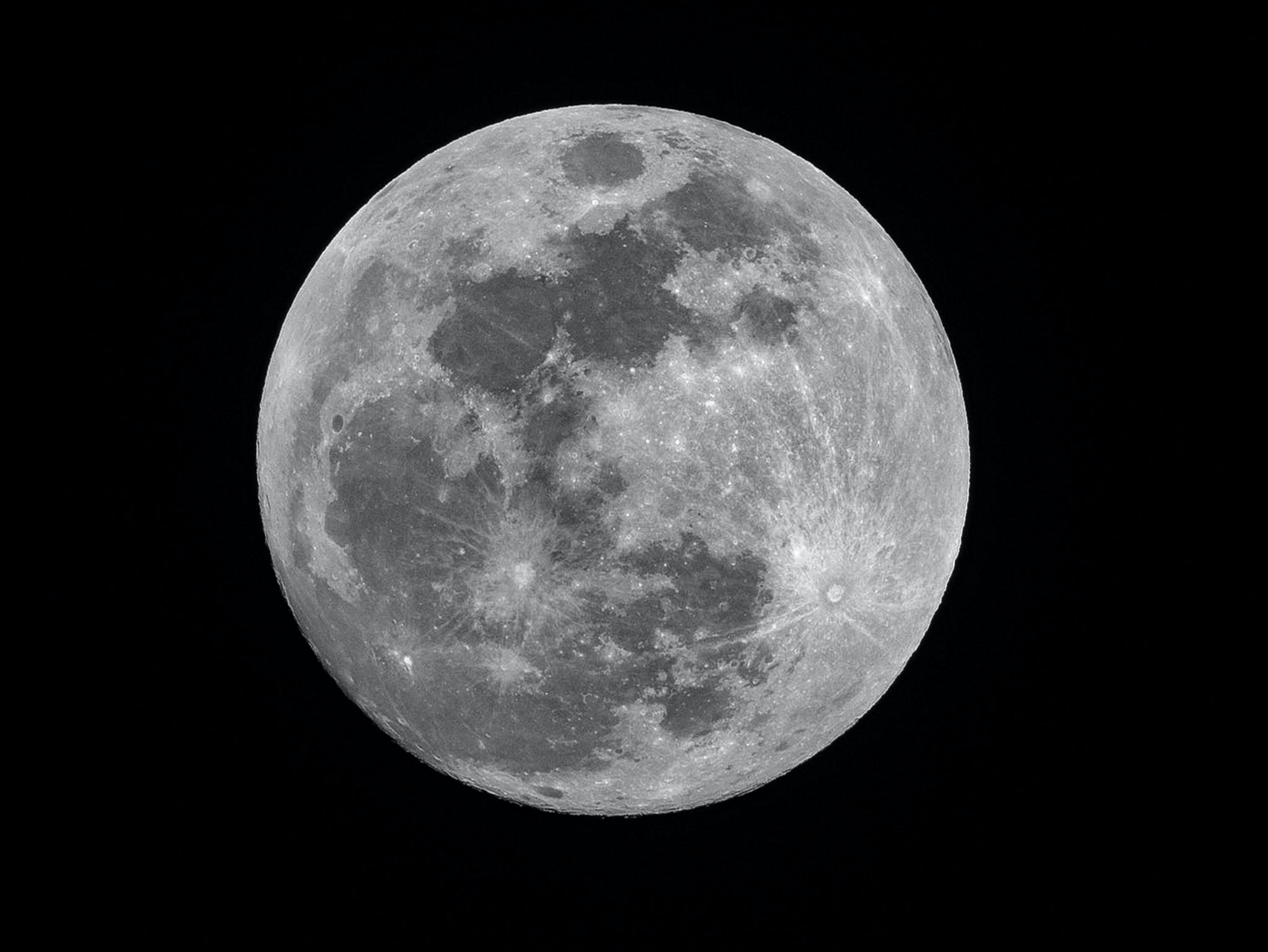The Lunar Eclipse: Good or Bad Luck?
| Table of Contents |
|---|
| Introduction |
| Lunar Eclipse: Explained |
| Superstitions and Beliefs |
| Scientific Proof |
| Final Thoughts |
Introduction
The moon has always held a significant place in human history; its presence can be seen across various cultures and belief systems. One of the most fascinating celestial events associated with the moon is the lunar eclipse. This natural phenomenon occurs when the Earth comes between the sun and the moon, casting a shadow on the lunar surface. However, through the ages, the lunar eclipse has been associated with both good and bad luck. In this article, we will delve into the topic of lunar eclipses, examining the superstitions and beliefs surrounding them, as well as exploring scientific evidence to determine if they truly affect our luck or not.
Lunar Eclipse: Explained
Before we delve into the superstitions and scientific evidence, let’s first understand the mechanics behind a lunar eclipse. As mentioned earlier, a lunar eclipse occurs when the Earth blocks the sunlight from reaching the moon. This alignment of celestial bodies creates a magnificent display in the night sky. There are three types of lunar eclipses: total, partial, and penumbral.
A total lunar eclipse happens when the Earth’s shadow completely covers the moon, causing it to appear a reddish hue, often called a “blood moon.” A partial lunar eclipse occurs when only a portion of the moon is covered by the Earth’s shadow. Lastly, a penumbral lunar eclipse happens when the moon passes through the Earth’s outer shadow, resulting in a subtle darkening of the lunar surface.
Lunar eclipses are relatively rare events that can be observed by people in specific geographic regions. When a lunar eclipse is visible, it provides an awe-inspiring sight that has captured the attention of civilizations throughout history. However, their impact on luck and fortune has been subject to various beliefs and superstitions.
Superstitions and Beliefs
Across cultures, lunar eclipses have often been regarded as significant events with both positive and negative connotations. Some cultures view lunar eclipses as omens of doom and bad luck, fearing that they foretell impending disasters or personal misfortune. In ancient times, some civilizations believed that an eclipse represented the moon being swallowed by mythical creatures or gods, leading to temporary darkness and potential evil influences.
On the other hand, there are cultures that embrace lunar eclipses as times for special rituals and positive transformations. For example, in Hindu culture, it is believed that taking a bath during a lunar eclipse washes away sins and purifies the soul. In Chinese culture, lunar eclipses are tied to the practice of worshiping the moon and are considered a time for families to come together, appreciating unity and warmth.
Superstitions associated with lunar eclipses can also extend into everyday activities. Many people avoid conducting important business, making significant life decisions, or even going outdoors during a lunar eclipse. Others may follow specific rituals or wear protective amulets to ward off any negative effects they believe may accompany the celestial event.
Scientific Proof
While ancient beliefs and superstitions have their place in cultural history, it is essential to examine scientific evidence to understand the true impact of lunar eclipses on luck. Extensive research has been carried out in this field, with astronomers and scientists studying the effects of lunar eclipses on various aspects of the Earth’s environment, human behavior, and psychology.
One specific area of study is the correlation between lunar eclipses and stock market performance. Some researchers have attempted to find a connection between lunar eclipses and stock market crashes, suggesting that when eclipses coincide with stock market events, there might be a negative impact on financial markets. However, these studies lack consistent evidence, making it difficult to draw any definitive conclusions.
In terms of human behavior, studies examining the influence of lunar eclipses on crime rates, accidents, or births have also shown mixed results. While there may be some anecdotes and small-scale studies pointing towards slight fluctuations in certain areas during a lunar eclipse, these observations cannot be considered scientifically significant or directly linked to the lunar event itself.
In summary, the scientific evidence surrounding the influence of lunar eclipses on luck and various aspects of life is inconclusive. The natural explanations for lunar eclipses provided by astronomy have no inherent connection to human fortune. Rather, lunar eclipses are awe-inspiring celestial events that remind us of the remarkable beauty and complexity of our universe.
Final Thoughts
The belief in lunar eclipses as omens of good or bad luck stems from ancient traditions and cultural practices. While these beliefs hold deep significance for many, it is crucial to approach them with an understanding of the scientific explanations and lack of substantial evidence linking lunar eclipses to luck.
As with any natural phenomenon, observing a lunar eclipse should be a moment of appreciation for the wonders of our universe. Whether it evokes a sense of awe, curiosity, or even mysticism, the lunar eclipse is a powerful reminder of the immense beauty and interconnectedness of our world.
So, the next time you witness a lunar eclipse, let it be an opportunity to gaze at the sky with wonder, putting aside thoughts of luck, and embracing the sheer magnificence of this celestial event.
Sources:
Table of Contents
